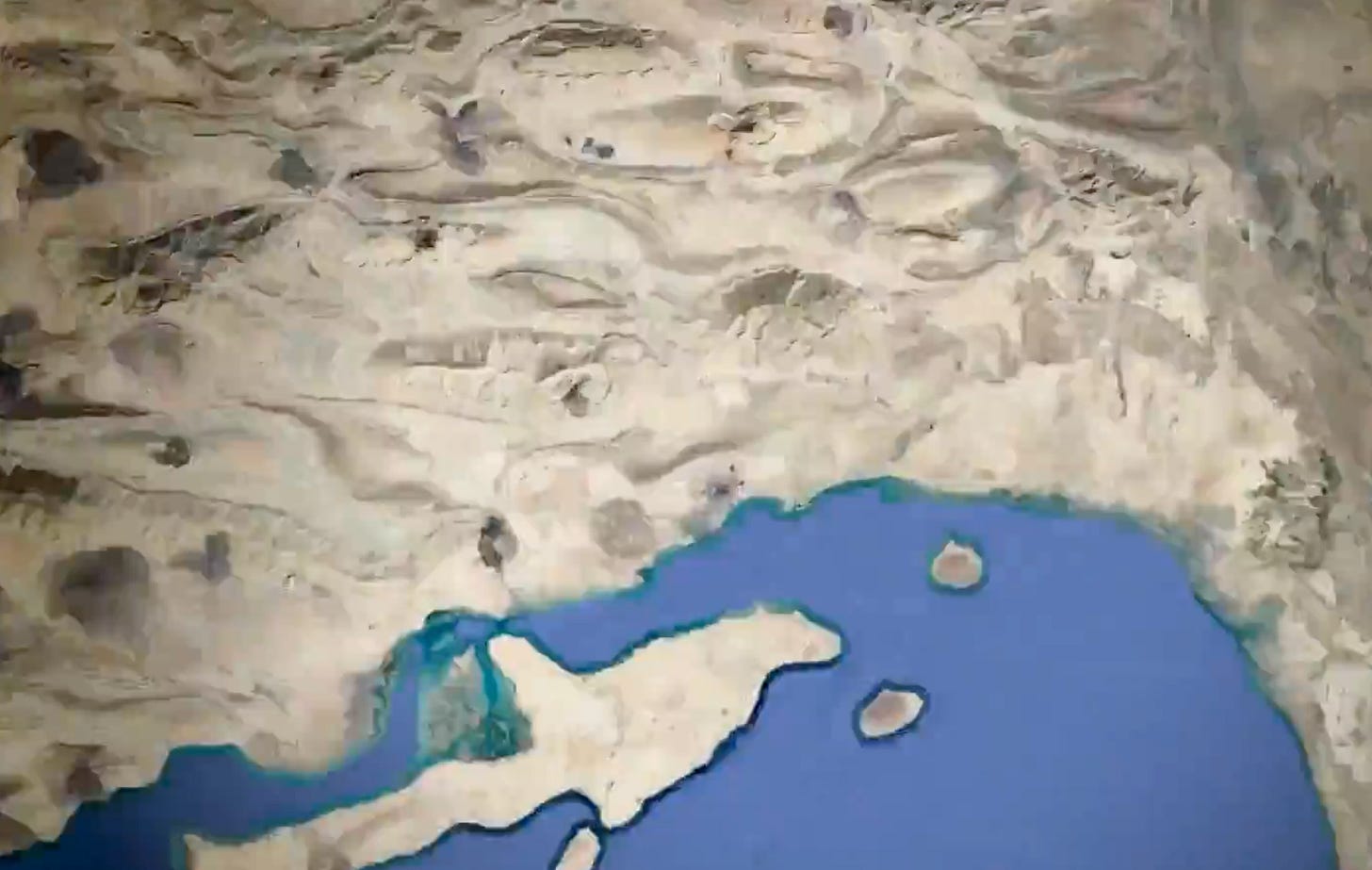All Roads Lead to Tehran
Iran’s Central Role in the Authoritarian Alliance—and the West’s Last Chance to Break It.
Iran’s posture in the Middle East is not grounded in military dominance—it is rooted in strategic disruption. General Philip Breedlove, former Supreme Allied Commander of NATO, argues that Iran fully understands its limitations in conventional warfare. Rather than engage in direct confrontation, Tehran has embraced asymmetric tactics, proxy warfare, and narrative manipulation. Its strategy is not solely military—it is psychological and informational.
As Breedlove explains, Iran’s proxies like Hamas and Hezbollah are not designed to win wars. They are designed to provoke. Their goal is to “keep kicking the hornet’s nest”—to trigger Israeli retaliation, knowing that the global media will focus not on the initial attack, but on Israel’s response. “The more that are killed by Israeli forces, the better it is for Hamas and Hezbollah,” Breedlove states. These groups embed military infrastructure in civilian areas, use human shields, and then weaponize the resulting casualties to inflame international opinion. The suffering of the Palestinian people is not a tragic byproduct—it is a deliberate tool. Iran and its proxies rely on the West to exert diplomatic and media pressure on Israel in ways they cannot achieve militarily.
Keep reading with a 7-day free trial
Subscribe to Cash Flow Collective to keep reading this post and get 7 days of free access to the full post archives.

